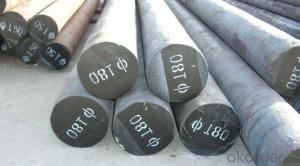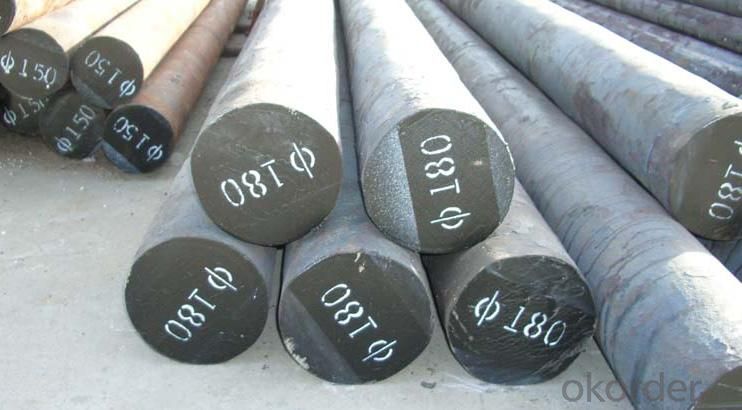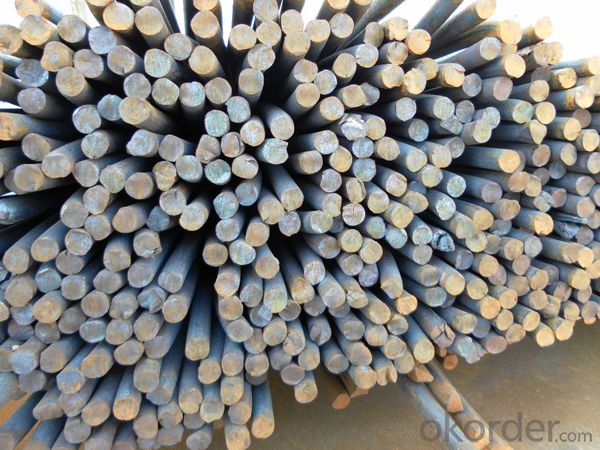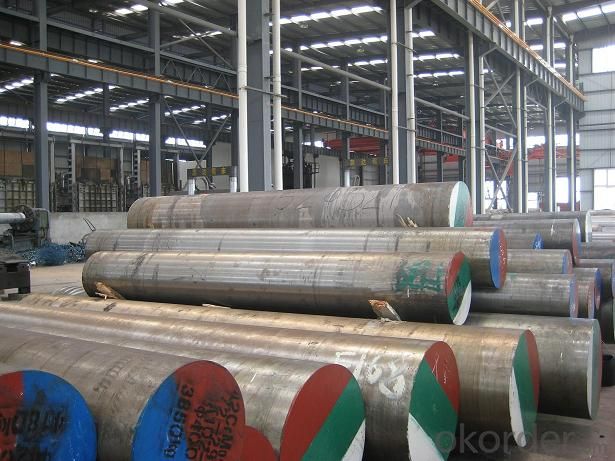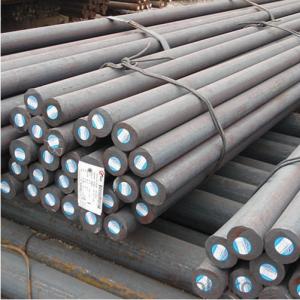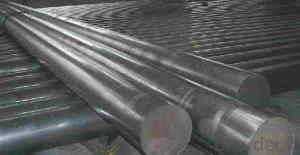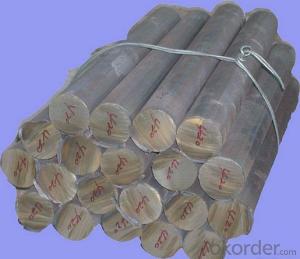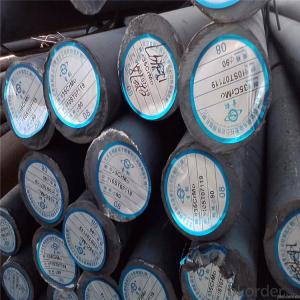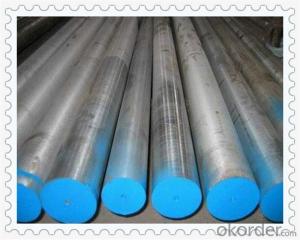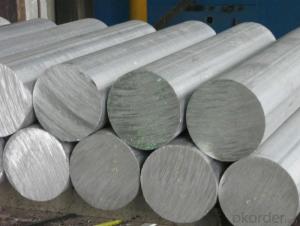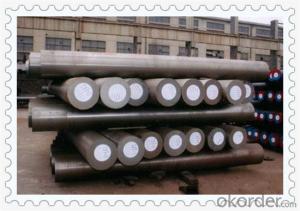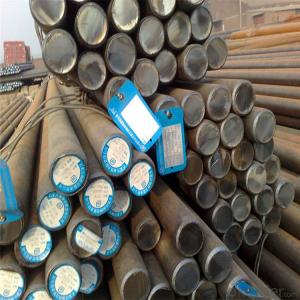9254 Steel SAE 9254 Steel Bar Steel Round Bar
- Loading Port:
- China main port
- Payment Terms:
- TT OR LC
- Min Order Qty:
- 30 m.t.
- Supply Capability:
- 10000 m.t./month
OKorder Service Pledge
OKorder Financial Service
You Might Also Like
Specification
9254 Steel SAE 9254 Steel Bar Steel Round Bar
Product information:
9254 Steel, SAE 9254 Steel Price, Steel Round Bar
Various Type
On Time Delivery,large stock
Melting process
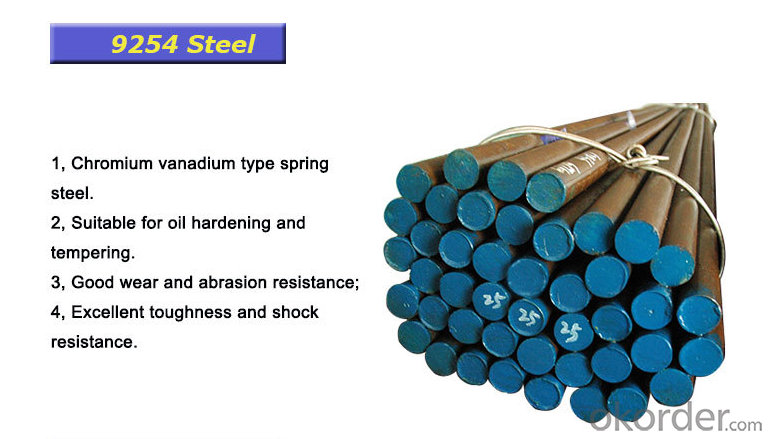
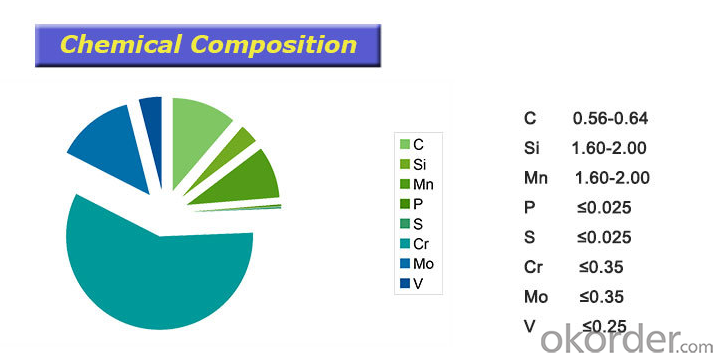
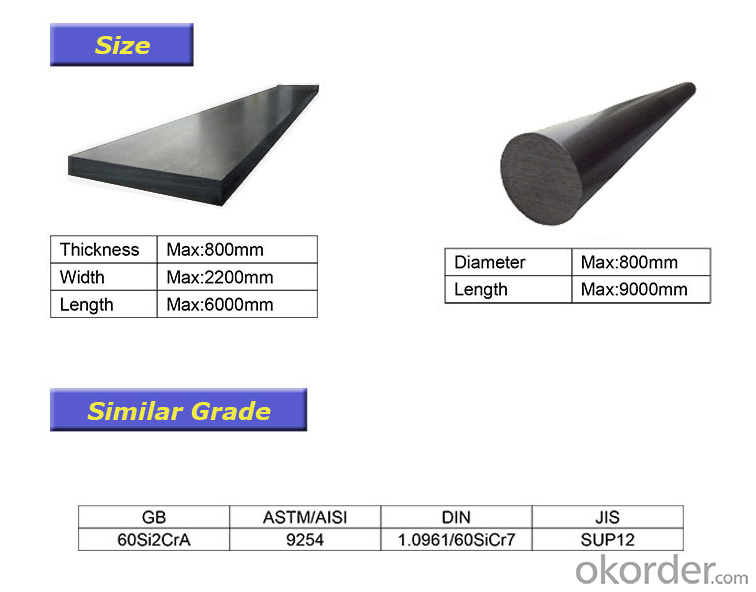
Other product show:
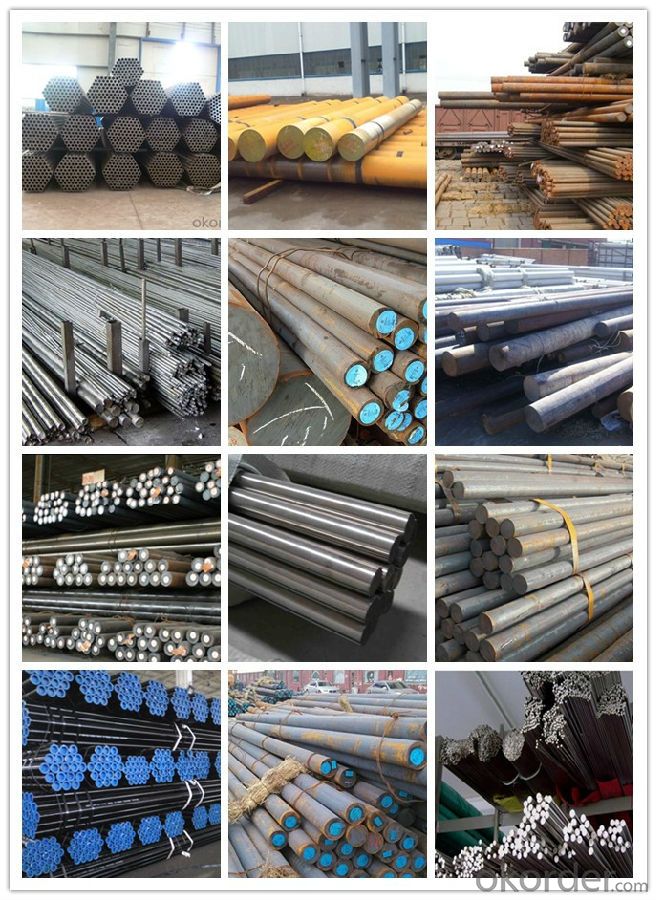
Our workshop show:
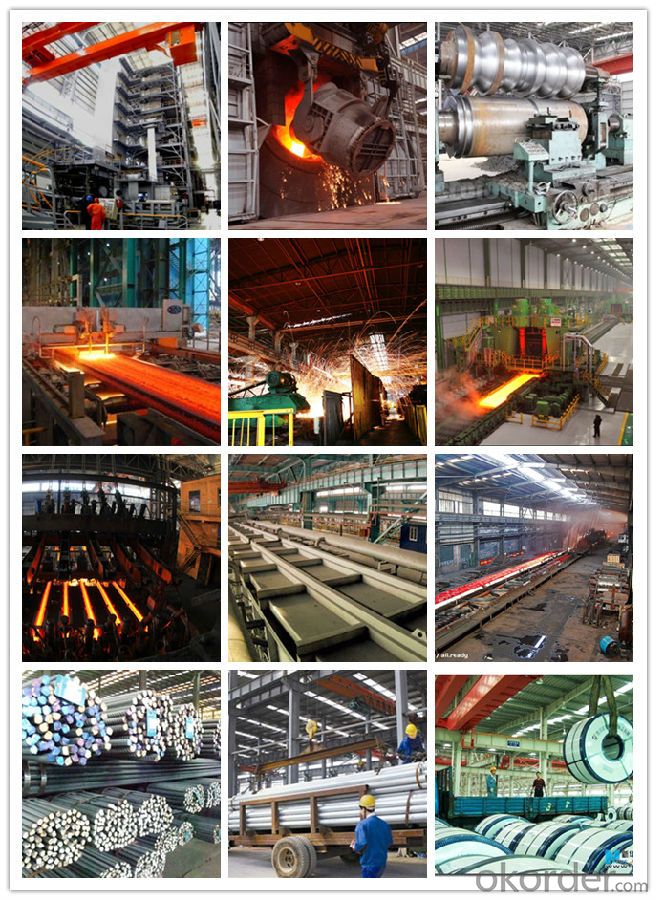
Our service:
-High manufacturing accuracy
-High strength
-Small inertia resistance
-Strong heat dissipation ability
-Good visual effect
-Reasonable price
Chose happens because of quality, then price, We can give you both.Additionally, we can also offer professional products inquiry, products knowledge train(for agents), smooth goods delivery, exellent customer solution proposals.Our service formula: good quality+good price+good service=customer's trust
SGS test is available, customer inspection before shipping is welcome, third party inspection is no problem.
If you need the sample, please feel free to let me know. Any question, we will contact you ASAP!
- Q: How does special steel perform in high-pressure applications?
- Special steel performs exceptionally well in high-pressure applications. This type of steel is specifically designed to withstand extreme pressure conditions, making it an ideal choice for industries that require reliable and durable materials for their operations. One of the key characteristics of special steel is its high tensile strength, which allows it to handle immense pressure without deformation or failure. This strength is achieved through alloying elements and heat treatment processes that enhance the steel's structural integrity. As a result, special steel can withstand the intense forces exerted on it in high-pressure environments, ensuring the safety and efficiency of the equipment or structures it is used in. Furthermore, special steel exhibits excellent resistance to corrosion and oxidation, further enhancing its suitability for high-pressure applications. This resistance helps maintain the structural integrity of the steel, preventing any weakening or degradation that could compromise its performance under pressure. Additionally, special steel's resistance to corrosion ensures that it can withstand harsh environments, such as those found in oil and gas extraction, chemical processing, or power generation industries. Another advantage of special steel in high-pressure applications is its ability to retain its mechanical properties even at elevated temperatures. This property is crucial in industries where high temperatures are involved, such as aerospace, nuclear power, or steam generation. The steel's high-temperature strength and stability enable it to withstand the combination of high pressure and elevated temperatures, ensuring reliable performance and long-term durability. In summary, special steel is an excellent choice for high-pressure applications due to its high tensile strength, resistance to corrosion and oxidation, as well as its ability to maintain its mechanical properties at elevated temperatures. Its exceptional performance in these demanding conditions makes it a reliable and durable material for industries that operate under high-pressure environments.
- Q: How is special steel heat treated?
- Special steel is heat treated using a combination of heating and cooling processes to improve its strength, hardness, and other desired properties. This typically involves heating the steel to a specific temperature, known as the austenitizing temperature, followed by rapid cooling, known as quenching, to transform the steel's microstructure. This is then followed by tempering, where the steel is reheated to a lower temperature to relieve internal stresses and further enhance its mechanical properties. The specific heat treatment process and parameters vary depending on the type of special steel and the desired final properties.
- Q: How does special steel contribute to the agricultural sector?
- Special steel contributes to the agricultural sector by providing durable and high-quality materials for various agricultural machinery and equipment. It enhances the performance and longevity of farming tools like plows, harrows, and combine harvesters, making them more resistant to wear and tear. Special steel also supports the construction of storage facilities, irrigation systems, and infrastructure in agriculture, ensuring improved efficiency and productivity in the sector.
- Q: What are the future prospects for the special steel industry?
- The future prospects for the special steel industry are promising. With the increasing demand for high-performance and durable materials in various sectors such as automotive, aerospace, construction, and energy, the special steel industry is expected to witness steady growth. Additionally, advancements in technology and innovation are likely to drive the development of new and improved special steel alloys, further boosting the industry's prospects. Furthermore, the growing emphasis on sustainability and environmental regulations may create opportunities for the special steel industry to develop eco-friendly solutions. Overall, the special steel industry is well-positioned for a prosperous future.
- Q: Can special steel be used in aerospace turbine components?
- Aerospace turbine components, like blades, vanes, and disks, need strong materials to withstand tough conditions. Special steel, also known as high-performance alloy steel, fits the bill. It has excellent mechanical properties, like high strength, hardness, and temperature resistance. These qualities make it perfect for aerospace turbine components, which face extreme temperatures, pressures, and stress. Jet engines rely on turbine components to work properly, so they need materials that can handle the tough conditions. Special steel alloys, like nickel-based superalloys, are commonly used because they can maintain their strength and integrity at high temperatures. Plus, special steel is lightweight but strong, so it helps make durable yet light turbine components. This improves the efficiency and performance of aerospace systems. Special steel alloys also resist corrosion, oxidation, and fatigue, which are crucial for the long-term reliability and safety of turbine components. These materials go through rigorous testing and certification to meet aviation industry standards. In conclusion, special steel is a great choice for aerospace turbine components. Its exceptional mechanical properties and resistance to extreme conditions make it reliable and safe. It plays a vital role in ensuring the efficiency and safety of turbine systems in aerospace applications.
- Q: What are the requirements for special steel used in battery technology?
- To ensure optimal performance and safety, special steel utilized in battery technology must fulfill several requirements. First and foremost, it is imperative that the steel exhibits high corrosion resistance. This is crucial due to the presence of corrosive electrolytes within batteries that can gradually deteriorate the steel. Special steel must possess exceptional resistance to corrosion in order to prevent any chemical reactions that may compromise the battery's integrity and lifespan. Additionally, the steel must possess good mechanical strength to withstand the internal pressures and external forces that batteries encounter during operation and handling. It should be capable of resisting deformation and maintaining its structural integrity, even under high-stress conditions. Furthermore, it is desirable for the special steel to have high thermal conductivity. This is essential for efficient heat dissipation, as overheating can diminish battery performance and potentially lead to safety hazards. Steel with excellent thermal conductivity facilitates effective heat transfer, ensuring that the battery can function within safe temperature limits. Moreover, the steel should exhibit low electrical resistivity to minimize energy losses resulting from electrical resistance. This guarantees efficient energy transfer within the battery and reduces power dissipation, ultimately enhancing overall battery efficiency. In addition, compatibility with other battery materials, such as electrodes, electrolytes, and separators, is crucial. Ensuring compatibility prevents any chemical reactions or detrimental interactions that may jeopardize the battery's performance or lifespan. Finally, in line with the growing emphasis on environmental sustainability, it is increasingly important for special steel used in batteries to be produced using environmentally friendly methods. This entails minimizing the carbon footprint and reducing the consumption of scarce resources. To summarize, special steel utilized in battery technology must possess high corrosion resistance, mechanical strength, thermal conductivity, low electrical resistivity, compatibility with other battery materials, and environmental sustainability. These attributes are necessary to ensure optimal performance and safety in batteries.
- Q: What is the hardness of special steel?
- The hardness of special steel can vary depending on the specific composition and heat treatment process, but it is generally known to be significantly harder than regular steel.
- Q: What are the environmental considerations associated with special steel production?
- The production of special steel entails various environmental factors to consider due to its resource-intensive nature and the emissions produced throughout the manufacturing process. One primary environmental factor associated with special steel production involves the extraction of raw materials. The production of special steel necessitates specific alloys and additives, typically requiring the extraction of rare or valuable metals. The mining of these materials can result in significant environmental consequences, such as habitat destruction, soil erosion, water pollution, and the release of toxic substances. Another factor to consider is the energy consumption during the production process. Special steel production includes energy-intensive stages like melting, refining, and shaping. These processes frequently rely on fossil fuels, contributing to greenhouse gas emissions and air pollution. Moreover, the high temperatures required for steel production result in substantial carbon dioxide emissions, a leading cause of climate change. Water usage also poses a concern in special steel production. The production process demands a substantial quantity of water for cooling, cleaning, and lubrication. If not managed appropriately, this can lead to water scarcity and pollution. The effluents produced during production may contain heavy metals, acids, and other pollutants, capable of harming aquatic ecosystems if not adequately treated. Waste generation is another environmental aspect to consider. Special steel production generates various types of waste, including slag, dust, and sludge. These waste materials may contain heavy metals, toxins, and other pollutants. Proper disposal or treatment of these wastes is crucial to prevent pollution of soil, water, and air. Lastly, the transportation of raw materials and finished products in special steel production can contribute to carbon emissions and air pollution. The long-distance shipping of raw materials and finished steel products adds to the overall environmental impact of the industry. In conclusion, special steel production presents numerous environmental considerations, including raw material extraction, energy consumption, water usage, waste generation, and transportation. To mitigate these impacts, companies should prioritize sustainable sourcing of raw materials, invest in energy-efficient technologies, promote water conservation and treatment practices, manage and minimize waste generation, and explore cleaner transportation options.
- Q: What are the main advantages of using special steel in the construction of bridges?
- The main advantages of using special steel in the construction of bridges are its high strength-to-weight ratio, excellent corrosion resistance, and durability. Special steel possesses superior mechanical properties, allowing for the construction of lighter and more efficient bridge structures. It also offers enhanced resistance to environmental factors like moisture, temperature variations, and chemical exposure, leading to longer service life and reduced maintenance costs. Additionally, special steel facilitates the use of innovative and complex bridge designs, enabling architects and engineers to create unique and aesthetically pleasing structures.
- Q: What are the main applications of special steel in the textile industry?
- Special steel is used in the textile industry primarily for manufacturing textile machinery components. It is utilized to produce high-quality parts and tools like knitting needles, loom parts, and various cutting and shaping equipment. The strength, durability, and resistance to wear and tear of special steel make it an ideal material for these applications, ensuring the efficient and reliable operation of textile machinery in the industry.
Send your message to us
9254 Steel SAE 9254 Steel Bar Steel Round Bar
- Loading Port:
- China main port
- Payment Terms:
- TT OR LC
- Min Order Qty:
- 30 m.t.
- Supply Capability:
- 10000 m.t./month
OKorder Service Pledge
OKorder Financial Service
Similar products
Hot products
Hot Searches
Related keywords
